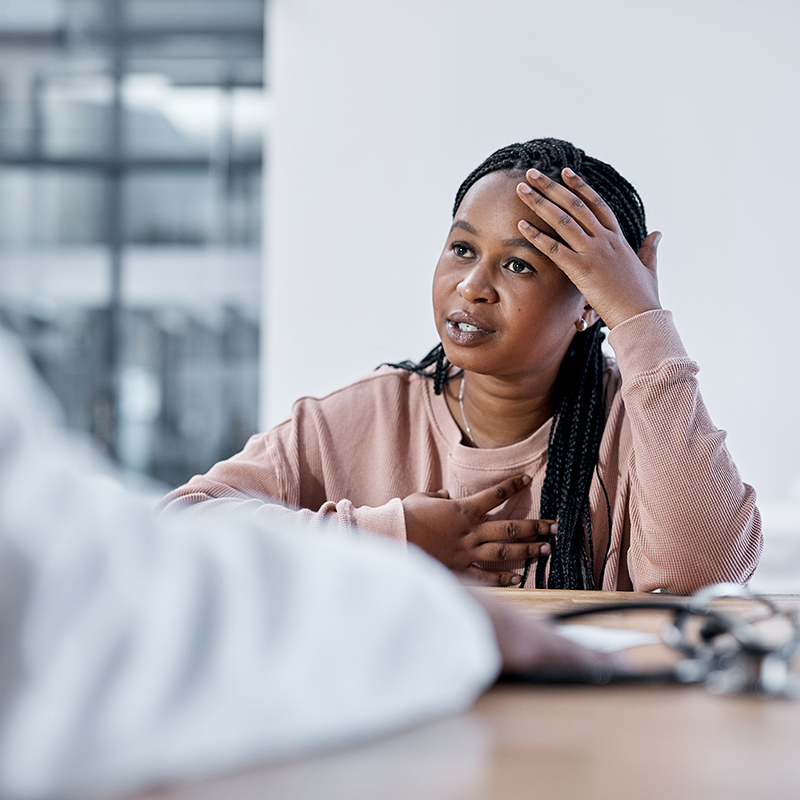The Beyond Pills All Party Parliamentary Group released a report entitled Shifting the Balance Towards Social Interventions: A Call for an Overhaul of the Mental Health System. The report addresses the pressing need to resolve the current crisis in mental health outcomes and supports the World Health Organization (WHO) and the United Nations (UN) in their calls for fundamental reforms. It concludes by calling for ‘a paradigm shift away from the traditional biomedical model that has presided over poor clinical outcomes and the over medicating of distress, towards a more holistic, person-centred approach that more fully recognises and addresses the social, economic and psychological determinants of mental health’.

The current mental health system is marked by an over-reliance on psychiatric drugs, with nearly a quarter of all adults prescribed a psychiatric drug in any given year and soaring rates for children and young people. There is also a failure to provide effective social, community and relational approaches. This has led to persistently poor outcomes despite substantial research and investment over four decades.
Alongside the suffering of millions of individuals, societal costs have spiralled. The total cost of poor mental health is estimated to be around £300 billion in England alone in 2022; this includes costs due to absenteeism and reduced quality of life as well as healthcare expenditure.
The report proposes six principles for mental health reform, including recognising the social and relational nature of most mental health issues, addressing social determinants of distress, promoting positive narratives to support recovery, using psychiatric drugs with caution and reducing over-prescribing.
The report makes nine calls to action across services, regulation, education and public awareness to help bring about the necessary changes. These include additional provision of social interventions such as community-based mental health hubs and social prescribing, reforming the MHRA to improve drug regulation, implementing a UK Sunshine Act for financial transparency, integrating Social Emotional Learning (SEL) into the national curriculum, improving health professional training, funding nationwide deprescribing services (including a national helpline) and demedicalising mental health language.
These recommendations align with recent calls from the WHO and UN, which stress the importance of a holistic approach that prioritises psychosocial and community-based interventions over biomedical treatments. ‘Mental ill health affects people from all backgrounds, from early years to the elderly, so addressing the crisis in the mental health care system concerns everyone,’ say the authors.
The report was launched at a Beyond Pills APPG event on May 14, 2024. Speakers include Dainius Pūras (former UN Human Rights Council Special Rapporteur for Health), Michelle Funk (Unit Head of the WHO Policy, Law and Human Rights team) and Sir Norman Lamb (Chair of the South London and Maudsley NHS Foundation Trust).
The full report can be viewed here.
Danny Kruger MP, chair of the Beyond Pills APPG, writes: “We have a mental health crisis in the UK and giving psychiatric drugs to nearly a quarter of our adult population isn’t working. We urgently need to invest in the social determinants of good mental health: stronger family and community relationships, activities that give people a sense of agency and belonging, and social rather than purely medical models of mental health treatment.”
Lord Crisp, co-chair of the Beyond Pills APPG, writes: “This important report points the way to a higher quality and more effective approach to mental health which will improve the lives of millions of people and strengthen the UK economy. It shows that existing policies are simply not working and proposes practical alternatives.”
Dr James Davies, Associate Professor of Medical Anthropology and Psychology, University of Roehampton and lead author of the report, writes: ”The solution to our mental health crisis isn’t cutting disability payments which will worsen the lives of the most vulnerable, but tackling the social determinants of poor mental health and better funding for effective psycho-social interventions. Forty years of biomedical dominance in mental health has not improved clinical outcomes - we need to entirely overhaul our approach.”
Dainius Pūras, former UN Special Rapporteur, Professor and the Head of the Centre for Child psychiatry social paediatrics at Vilnius University, writes: ”There is an increasing understanding globally, supported by the UN and WHO, that mental health services need to abandon the current model of care, and replace excessive biomedical interventions and forms of coercion with effective services that respect peoples’ rights to mental health, based on mutual trust between providers and users. The UK has the opportunity to become a global leader by adopting this UN and WHO-backed approach, by addressing the social determinants of mental health and by investing in effective psychosocial interventions.“
Rachel Kelly, author, mental health campaigner and SANE ambassador, writes: “As someone who has had mental health problems myself, and who now works with young people who are struggling, I know that we need a new approach. Dishing out more medication isn’t working, yet the rate of prescribing for teenagers is soaring. My experience is that young people’s psychological difficulties are often an understandable response to life’s challenges, particularly relationship difficulties and growing up in a world of social media, exacerbated by loneliness and bullying. Yet these are not essentially medical problems to be solved by strictly medical means: there’s so much else we can offer young people, starting with teaching them (and their parents) more about their physiological and psychological health. When I look back at my own experience of anxiety and depression, I only wish that such a holistic, person-centred approach had been available.”
About the Beyond Pills APPG
The Beyond Pills APPG aims to move UK healthcare beyond an over-reliance on pills by promoting social prescribing, lifestyle medicine, psychosocial interventions and safe deprescribing. As well as reducing unnecessary and inappropriate prescribing, this integrated approach will improve outcomes and reduce health inequalities. The officers of the Beyond Pills APPG are Danny Kruger MP, Lord Crisp, Steve Brine MP and Lord Hunt of Kings-Heath. https://beyondpillsappg.org/
